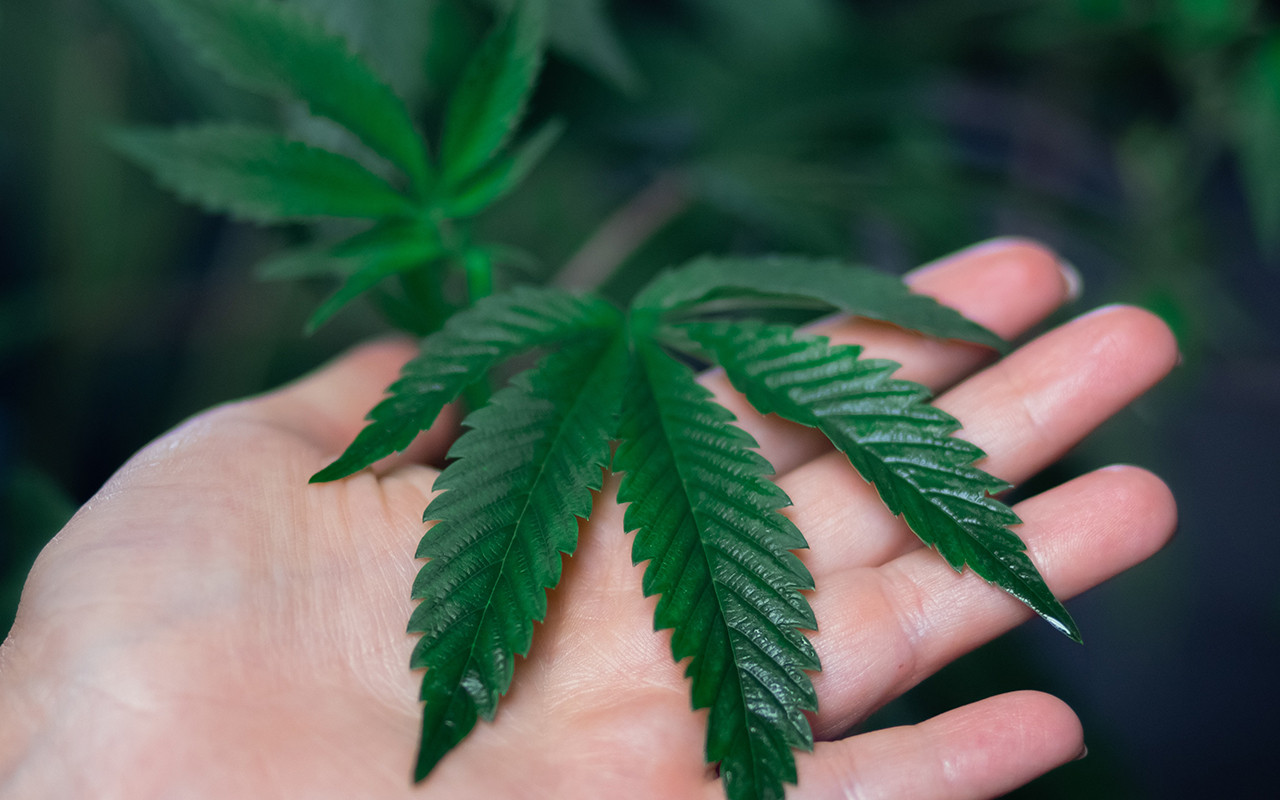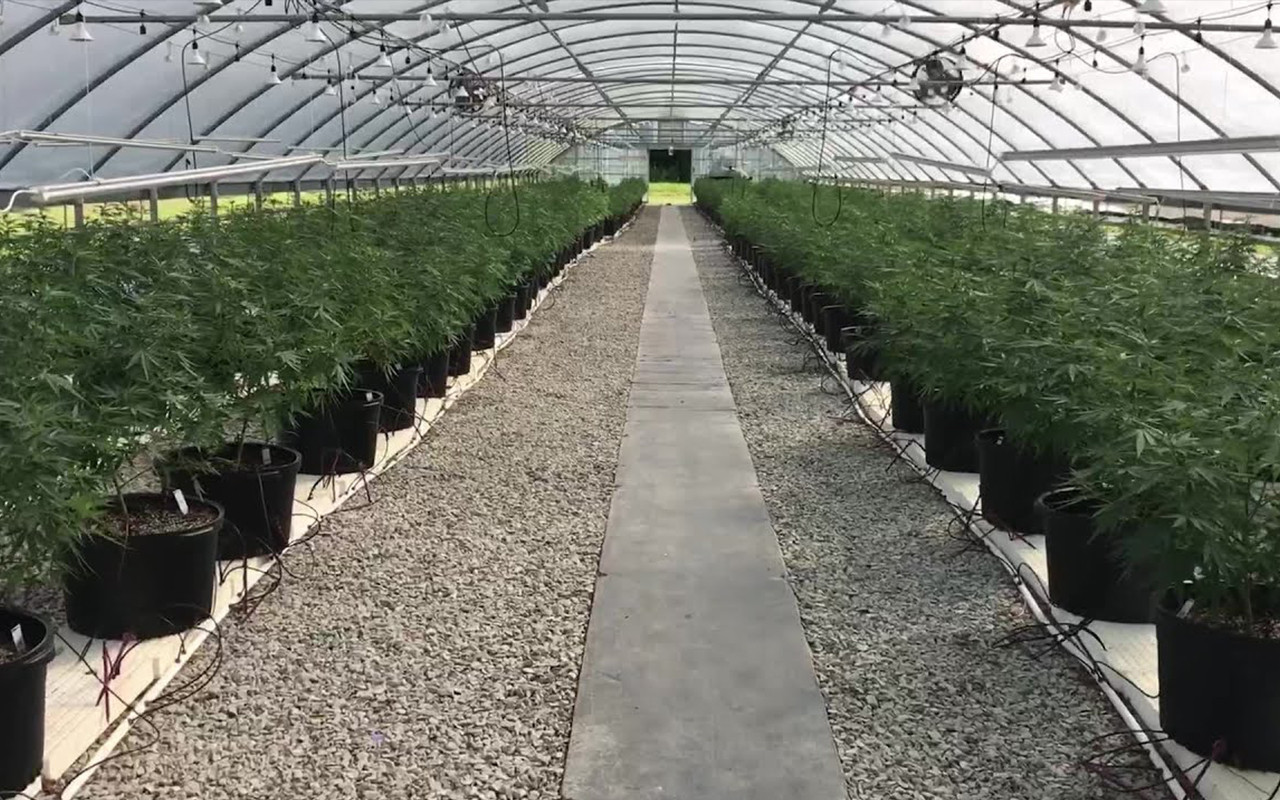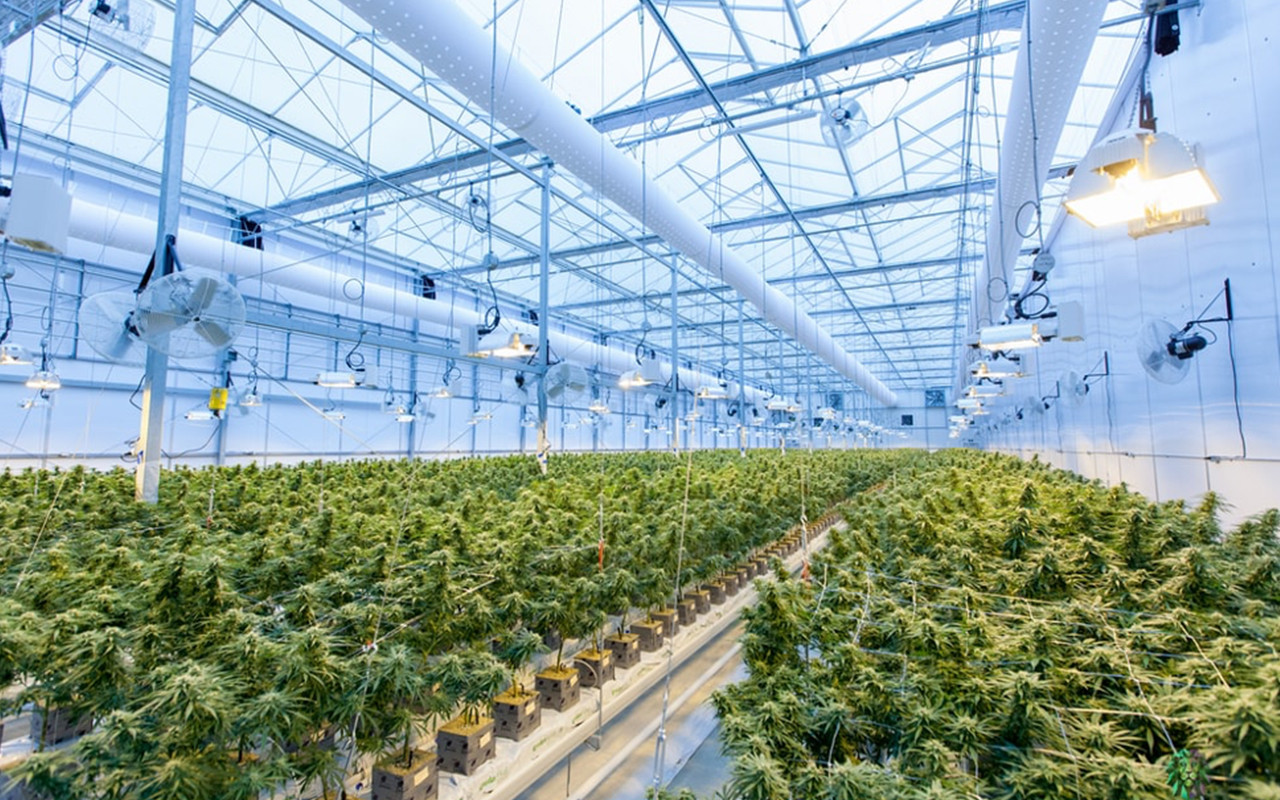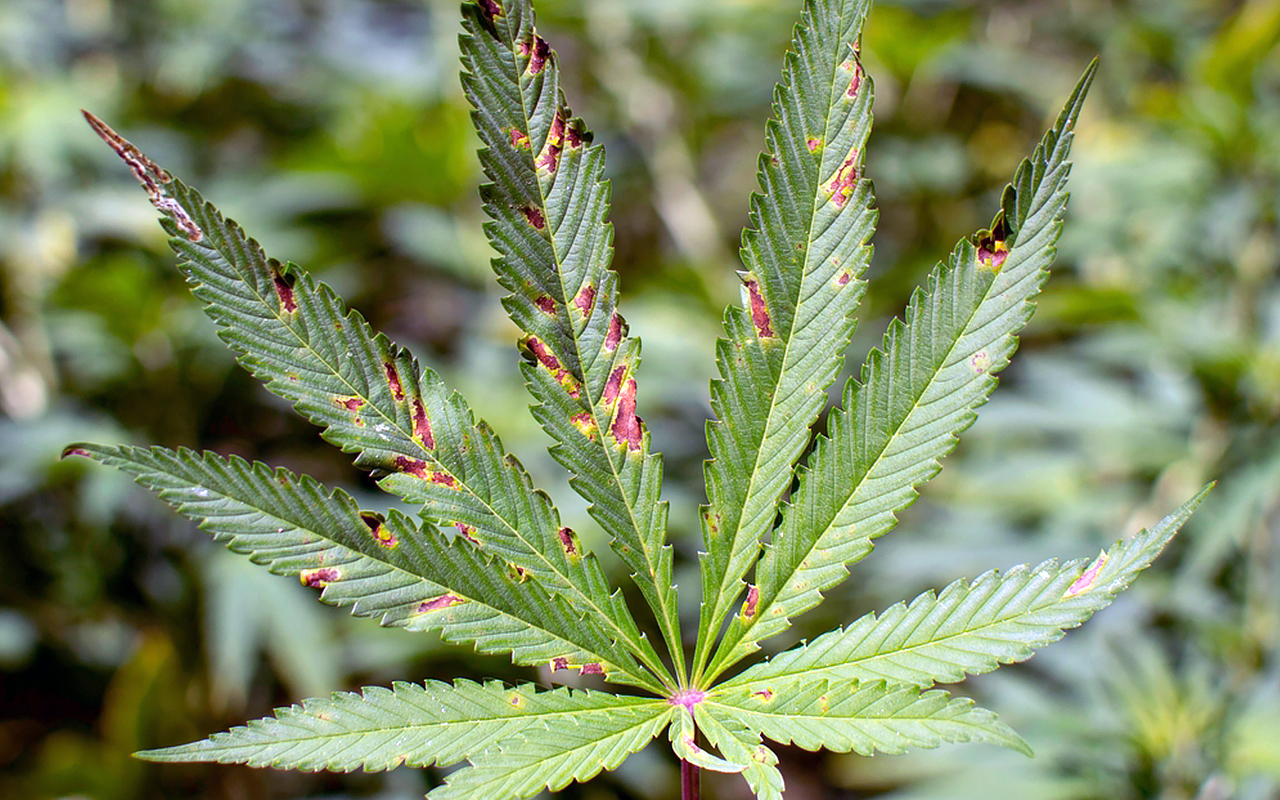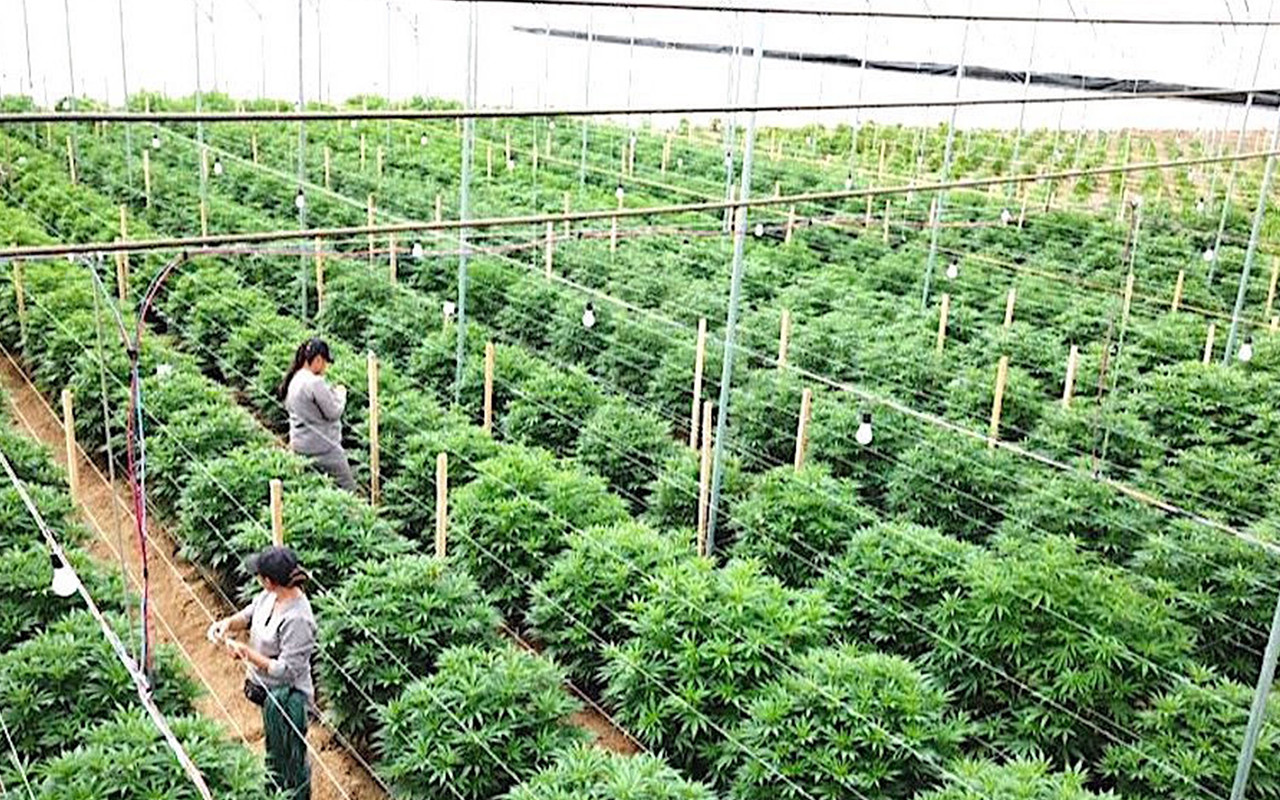
The Economic Potential Of Cannabis In Emerging Economies
As cannabis legalization spreads around the world, many growers are looking to explore new markets with more favorable legislation. Latin America, Africa, and Asia all have ideal conditions for cannabis farms, and countries that understand the potential economic benefits are easing legislation in order to attract these companies.
What does this mean for emerging economies? Could cannabis become an economic driver for these countries? So far, it seems that the answer is a resounding yes. CBD oil is becoming a big business, and as cannabis legalization spreads, that industry is only going to grow.
What are the potential economic benefits of legalizing cannabis in certain jurisdictions?
The potential economic benefits of legalizing cannabis in certain jurisdictions are vast. The main benefit would be the generation of revenue from taxes on cannabis sales. This money could be used to fund various government initiatives, such as infrastructure projects or social welfare programs. Another benefit would be the creation of jobs in the cannabis industry. This would help to reduce unemployment rates and stimulate the economy. Finally, legalizing cannabis could lead to reduced crime rates and a decrease in the use of illicit drugs.
Countries that recognize the economic advantages and observe the fast growth of the CBD industry are currently changing marijuana laws in order to entice major businesses and their massive wallets.
Uruguay was the first country to fully legalize the production and consumption of cannabis in 2013. Other countries followed suit , although some were more restrictive than others. Some prohibit personal cultivation while others limit who can obtain a license to produce it commercially. The Netherlands allows its sale in coffee shops until cannabis is legalized at the federal level. The Dutch government has since enacted a partial ban. Canada is set to legalize its production and consumption later this year while Czech Republic only allows the use of medical marijuana. In 2020, the Uzbek government has signed a contract with a Malta-based firm to produce medical cannabis. With a capital investment of approximately $33 million, the facility will have a high-tech plant and laboratories in Sirdaryo. It will become one of the world's largest legal cannabis farms once it is completed.
What challenges need to be overcome before cannabis can become a major driver of economic growth?
There are several challenges that need to be overcome before cannabis can become a major driver of economic growth. The first is convincing lawmakers to legalize it. This can be difficult, as many politicians are reluctant to support anything that could be perceived as harmful. Another challenge is developing the infrastructure needed to grow and process cannabis. This includes establishing regulations and protocols for licensing growers and processors, as well as ensuring that the product is safe for consumption. Finally, there is the issue of public perception. Many people remain skeptical about the benefits of cannabis, and this needs to change in order for it to become a mainstream product.
The regulations that need to be developed and implemented for cannabis to become a major driver of economic growth include:
Cannabis products should have consistency in their cannabinoid content. This would help the consumer understand how much they are consuming. A unique identifier should be used for each cannabis product allowing it to be tracked from production to sale. This is necessary to ensure that the product is not being diverted. Pesticide residue – this is important to ensure the safety of growers and consumers. Testing for heavy metals like lead, mercury, and arsenic can also be beneficial.
Are there any risks associated with legalizing cannabis for economic purposes?
While there are many potential benefits to legalizing cannabis for economic purposes, there are also some risks that need to be considered. The first is that it could lead to an increase in crime rates. Another risk is that the cannabis industry could be dominated by a few large companies, which would limit competition and innovation. Finally, there is the risk that the legalization of cannabis could lead to an increase in drug abuse. This is because there could be easier access to cannabis and it would become more socially acceptable to use. It also needs to be remembered that cannabis has been around for centuries and will likely continue to be used regardless of whatever decision is made by lawmakers.
What are the implications of using cannabis as an engine for economic growth?
There are a number of arguments for and against legalizing cannabis. Advocates argue that it has a wide range of medical benefits that can be used to treat conditions such as cancer and glaucoma. They also argue that it is far less dangerous than alcohol, and claim that cannabis has little to no effect on people who are not predisposed to addiction. Those against legalizing cannabis argue that it leads to laziness, contributes to unemployment rates because users become unproductive , and leads to increased crime rates when used in public areas. They also point out the negative health effects of smoking cannabis, such as lung problems and memory loss.
However cannabis cultivation and CBD production have the potential to become a major driver of economic growth for emerging economies. There are a number of reasons for this. First, cannabis is a versatile crop that can be grown in a variety of climates. This makes it ideal for countries that are trying to develop their agricultural sector. Second, cannabis has a wide range of medical benefits that can be used to treat conditions such as cancer and glaucoma. This could help reduce the dependence on expensive pharmaceutical drugs. Finally, the cannabis industry is creating jobs at a time when unemployment rates are high. This could help reduce poverty and stimulate economic growth.
CBD industry is a big business and it continues to grow fast. CBD sales for the U.S. market is estimated to hit $15 billion to by 2024. As cannabis legalization spreads, that industry is only going to grow. There is a downside, however. The market will likely become highly competitive as more and more countries legalize cannabis, and this could price out companies that are already struggling to break into the market. On the other hand, if these firms can manage to stick it out and continue producing quality products at competitive prices, they should do just fine.
In conclusion
Cannabis cultivation and CBD production have the potential to become a major driver of economic growth for emerging economies. There are many reasons why cannabis could be an engine for economic growth in countries that are struggling to develop their agricultural sector, reduce dependence on expensive pharmaceutical drugs, or stimulate job creation at a time when unemployment rates are high. However, there are also some challenges associated with legalizing cannabis which need to be considered before making any decision about whether it should be legalized. The first is that crime rates may increase because people will have easier access to marijuana products. Another challenge is that large companies may dominate the industry because they would limit competition and innovation among small businesses who produce quality products competitively priced goods but cannot compete against bigger corporations due to lack of funds.
The economic potential of cannabis for emerging economies is dependent on these factors. Although some countries might be better suited than others to take advantage of the opportunities that cannabis provides, legalizing it could provide a major economic boost for these emerging economies if they can tackle the problems associated with its use and develop effective policies around its growth and sale.








